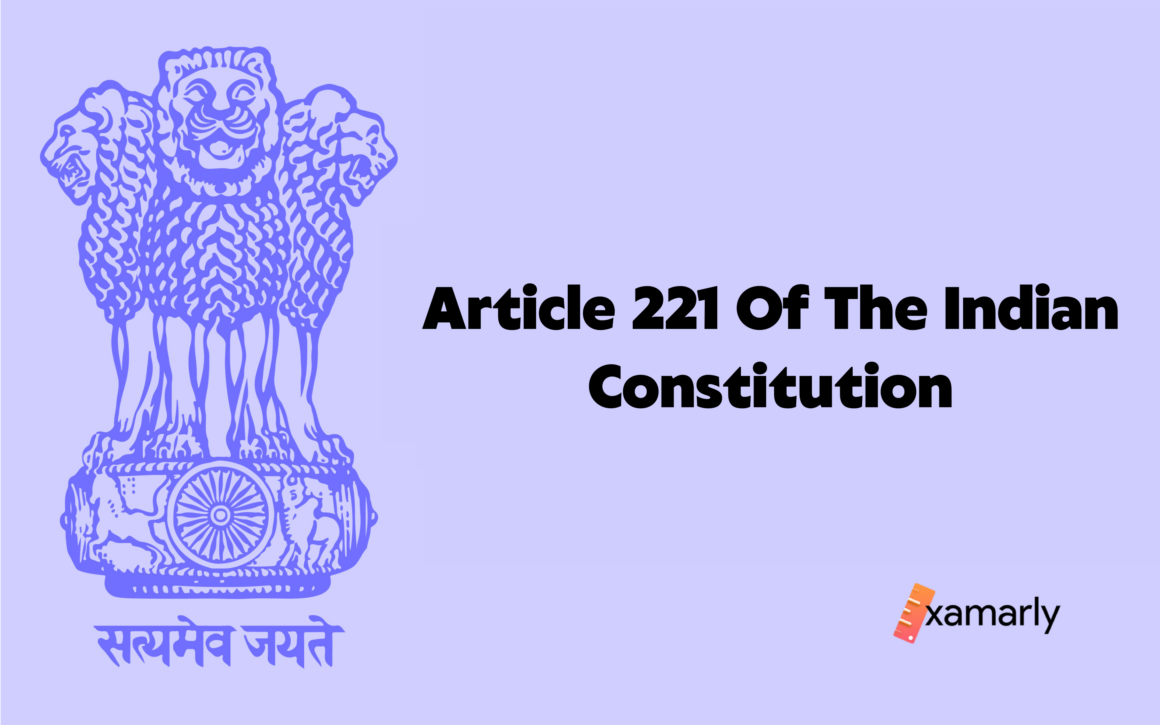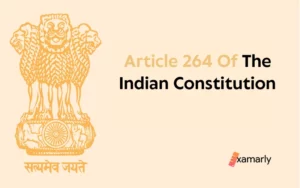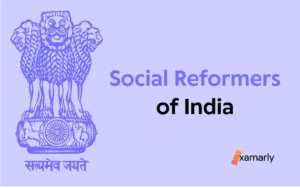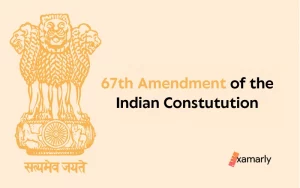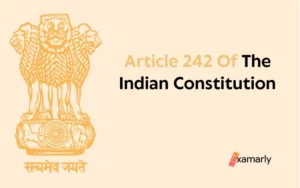Article 221 of the Indian Constitution talks about the salaries and benefits that a High Court Judge is entitled to.
Let us delve deep into Article 221 of the Indian Constitution and grasp all the concepts present in it.
- Article 221 Of The Indian Constitution – In Detail
- Summing Up
- FAQs
- Who was India's first Chief Justice?
- Can you introduce me to the Chief Justice of India?
- Where do judicial powers end?
- How powerful can a Supreme Court justice be in their permanent position?
- Upon retirement, why do judges lose their ability to work?
- What kind of political restraints do judges have to deal with?
- What can't judges do?
Article 221 Of The Indian Constitution – In Detail
We will understand Article 221 of the Indian Constitution in detail by analysing each and every clause present in it.
Clause 1 – As it is & Explained
(1) There shall be paid to the Judges of each High Court such salaries as may be determined by Parliament by law and, until provision in that behalf is so made, such salaries as are specified in the Second Schedule
The first clause of Article 221 of the Indian Constitution says that the Judges of each High Court shall receive such remuneration as may be decided by Parliament by law.
It also says that until and unless the provisions in the respect of salaries are made by the Parliament by law, the salaries which the judges will get are defined in the Second Schedule of the Indian Constitution.
Related – Article 236 Of The Indian Constitution: Interpretation
Clause 2 – As it is & Explained
(2) Every Judge shall be entitled to such allowances and to such rights in respect of leave of absence and pension as may from time to time be determined by or under law made by Parliament and, until so determined, to such allowances and rights as are specified in the Second Schedule: Provided that neither the allowances of a Judge nor his rights in respect of leave of absence shall be varied to his disadvantage after his appointment
The second clause of Article 221 of the Indian Constitution says that a judge’s benefits, including vacation time and retirement pay, are outlined in the Second Schedule unless otherwise stipulated by law.
It also says that as long as this provision is in place, no Judge’s allowances or leave of absence rights can be changed in a way that would negatively affect him once he has been appointed.
Summing Up
We can conclude from this Article that every judge of the High Court is entitled to salary and benefits as defined in the second schedule of the Indian Constitution.
Also, no allowances or benefits can be provided in such a way that it would negatively affect the Judge until his retirement.
FAQs
Who was India’s first Chief Justice?
Justice Harilal J. Kania was appointed the first Chief Justice of India on 26 January 1950 by the President of India. He bore office until 6 November 1951.
Can you introduce me to the Chief Justice of India?
The 50th and the present chief justice is Dhananjaya Y. Chandrachud. He was sworn in as the 50th chief justice of India on 9 November 2022.
Where do judicial powers end?
A judge may not preside over a case in which he or she has a personal or financial interest, such as that of a member of the judge’s family, a close relative, or a friend of the judge’s family. A judge is not permitted to take part in or publicly express his opinion on political issues or cases that are currently before or are expected to be brought before the court.
How powerful can a Supreme Court justice be in their permanent position?
The maximum number of justices who can sit on the Supreme Court is limited to thirty under the Act (excluding the Chief Justice of India).
Upon retirement, why do judges lose their ability to work?
Article 124(7) of our Constitution states that no judge or justice holding an established position may preside over a court within Indian territory. Our Constitution specifically forbids courts from taking such actions.
What kind of political restraints do judges have to deal with?
Judges must abide by the statutes that have been enacted by Parliament and cannot create new laws on their own. Legislation can be changed by the government through Parliament to better fit its own interests and actions.
What can’t judges do?
A judge should never perform judicial duties beyond the scope of his or her official duties, such as acting as an arbitrator or mediator. This includes pretending to be a judge or doing judicial duties outside of the court’s purview. Legal work or practice In no circumstance is it appropriate for a judge to act as an advocate on behalf of a close relative.


